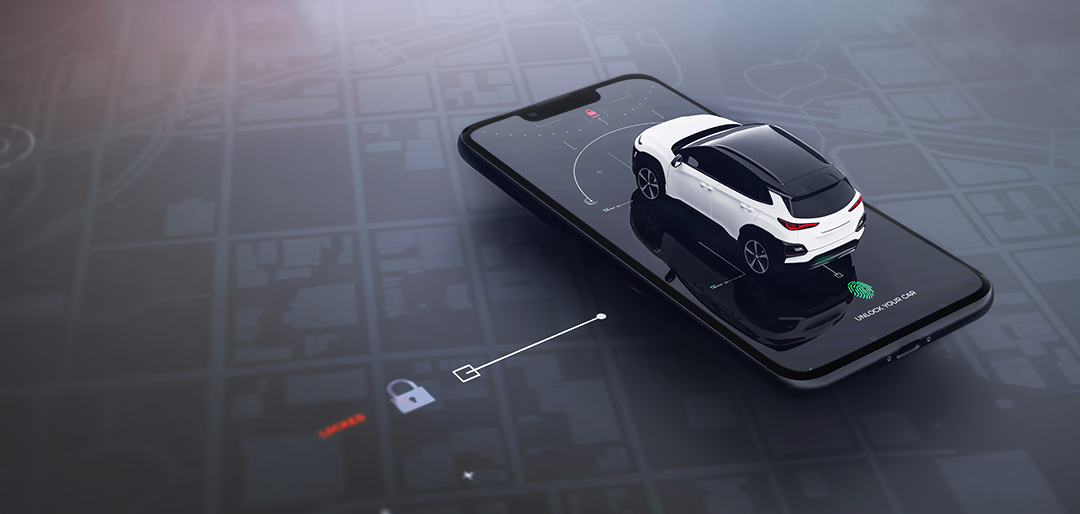查看全部菜单
전체메뉴
회사정보
회사소개
- 회사개요
- CEO인사말
- 연혁/수상
- 비전/조직문화
- 사업장
- CI
IR
- 경영정보
- 재무정보
- 주식정보
- IR자료실
- 공시
디지털 역사관
뉴스룸
- 보도자료
- 소셜미디어
- 홍보자료
LG Innotek Insights
제품정보
사업부개요
광학솔루션
- Camera Module
- 3D Sensing Module
- Optical Module
- Actuator
기판소재
- Package Substrate
- FC-BGA
- Display Solution
전장부품
- Connectivity Solution
- Autonomous Driving Solution
- Electrification Solution
- Lighting Solution
전자부품
- Power Solution
- Smart Home
ESG
ESG 경영
- CEO 메시지
- 비전/추진체계
- ESG 경영방침
Environment
- 탄소중립
- 자원순환
- 친환경 기술/제품
Social
- 구성원 자부심
- 안전/보건
- 공급망 ESG
- 사회공헌
- 사이버 신문고
Governance
- 경영투명성
- 주주 친화
- Risk Management
ESG Fact Book
- 지속가능성보고서
- 평가/인증
ESG활동
- 친환경 경영
- 사회책임 경영
- 신뢰받는 지배구조
- 외부수상
고객지원
FAQ
고객문의
소프트웨어라이브러리
News Letter 订阅申请
填写如下信息后申请,即可通过电子邮件接收 LG Innotek 的最新信息。
个人信息收集和使用协议(必填)
LG Innotek Co., Ltd.(以下简称“公司”)收集和使用的个人信息是根据“个人信息保护法”需要本人同意的信息。
1. 待处理的个人信息项目
[必填] 国家/姓名/电子邮件地址
[可选项目] 公司名称/电话号码
【自动收集的项目】服务使用记录(访问日期和时间)、访问IP信息
2. 处理和使用个人信息的目的
- 检查客户询问的事实
- 提供对客户查询和报告的答复或分配适当的人员
3. 个人信息的处理和保留期限
- 2个月
※ 您有权拒绝同意收集和使用个人信息,如果您不同意,可能会限制接收客户查询。
※ 14岁以下的儿童不能使用该服务.
同意向第三方提供个人信息(必填)
LG Innotek 向第三方提供以下个人信息以提供顺畅的服务。
1. 提供个人信息的人
LG Innotek Yantai Co., Ltd
LG Innotek Vietnam Haiphong Co., Ltd
LG Innotek Mexico S.A. de C.V.
LG Innotek Indonesia PT.
LG Innotek Poland Sp. z o.o
LG Innotek Taiwan Co., Ltd
LG Innotek Trading (Shanghai) Co., LTD.
LG Innotek Trading (Shanghai) Co.,LTD. Shenzhen Branch
LG Innotek Co.,Ltd. JAPAN (LGITJP)
LG Innotek USA
LG Innotek USA Inc. San Diego Office
LG Innotek USA Inc. Detroit Office
LG Innotek Co., Ltd. Europe Branch
2. 提供的个人信息项目
- 国籍/姓名/电子邮件/公司名称/电话号码
※ 公司名称和电话号码仅在提供时提供。
3. 处理和使用个人信息接收者的个人信息的目的
- 回答有关公司和产品等的咨询和其他服务
4. 接收个人信息的人保留和使用个人信息的期限
- 2个月
※ 您有权拒绝同意收集和使用个人信息,如果您不同意,可能会限制接收客户查询。
※ 14岁以下的儿童不能使用该服务
个人信息营销使用协议(可选)
LG Innotek Co., Ltd.(以下简称“公司”)收集和使用的个人信息是根据“个人信息保护法”需要本人同意的信息。
1. 待处理的个人信息项目
[必填项] 公司名称/姓名/E-mail/职位/职务
2. 处理和使用个人信息的目的
- 通过电话提供个人身份、时事通讯和活动电子邮件、产品信息和销售信息
- 营销活动,如营销活动、与产品和服务相关的沟通以及市场调查
3. 个人信息的处理和保留期限
- 直到撤回使用营销的同意
4. 个人信息委托状态
- 用于营销服务的个人信息处理委托给 Oracle Corporation、Golden Planet 和 Ipgdextra Korea。
※ 您有权拒绝同意收集和使用个人信息,如果您不同意,可能会限制提供定制的营销信息。
※ 14岁以下的儿童不能使用该服务
News Letter 订阅申请
填写如下信息后申请,即可通过电子邮件接收 LG Innotek 的最新信息。
News Letter 订阅申请
News Letter 订阅申请
LG Innotek Insights

Smartphones and IoT technologies are making our lives more convenient. However, security implications and the lack of adequate precision-positioning technology meant their application in digital keys has been limited. UWB (Ultra-Wideband) and BLE (Bluetooth Low Energy) technologies can help enhance vehicle security systems and better locate the position of a device (or its user). Incorporated as smartphone apps, the digital key can lock, unlock, and start vehicles.
Unlike conventional smart keys, digital keys can also control vehicle systems via smartphone. The UWB technology allows digital keys to locate smartphone users accurately to deliver various services and resolve fundamental issues such as vehicle theft through a relay attack.
The digital key was initially a safety and convenience feature for high-end luxury cars but is now becoming available to mainstream vehicles. Market research firm Strategy Analytics predicts that the number of digital key-applied vehicles will increase more than 4.5 times, from 6.3 million in 2020 to 28.9 million in 2025.
Digital keys are replacing physical car keys
There have been numerous attempts in the past to implement the digital key to control air conditioning and heating before getting into the car or to assess tire pressure conditions and fuel efficiency remotely. There were concerns about its vulnerabilities to potential vehicle theft, but the advancements in UWB and BLE technologies mean smartphones can now control the vehicle system more securely and conveniently. Furthermore, the growth in car sharing and rental markets goes hand in hand with the demand for safer digital keys. Market research firm Statista predicts that the global vehicle sharing market will grow 6.28 percent annually, reaching 60.7 million users and $16.52 billion in profits by 2026.
With the transition of car ownership into car sharing, we are also making advancements in car key-sharing technologies. Car owners could unlock or start their vehicle with conventional smart keys based on LF (Low Frequency) and RF (Radio Frequency) telecommunication technologies, albeit only in close proximity, but they could not simultaneously share their keys with other vehicle users.
In contrast, a digital key can be shared via smartphone app safely and efficiently, using Near-Field Communication (NFC), UWB, and BLE technologies. You can even allow access to specific vehicle-system features, such as unlocking the trunk. Not having to carry a physical key means you won’t lose it, and there’s also little room for vehicle theft because you can't drive unless the smartphone with a digital key is physically inside the vehicle.
The possibilities are endless in expanding innovative services for drivers by combining smartphones and digital UX in vehicles. You can remotely examine your vehicle mileage and tire pressure in real-time, or access personalized settings such as your preferred radio and music playlists via cloud. Shared cars can also be personalized for more convenience by automatically syncing each driver’s presets such as seat position.
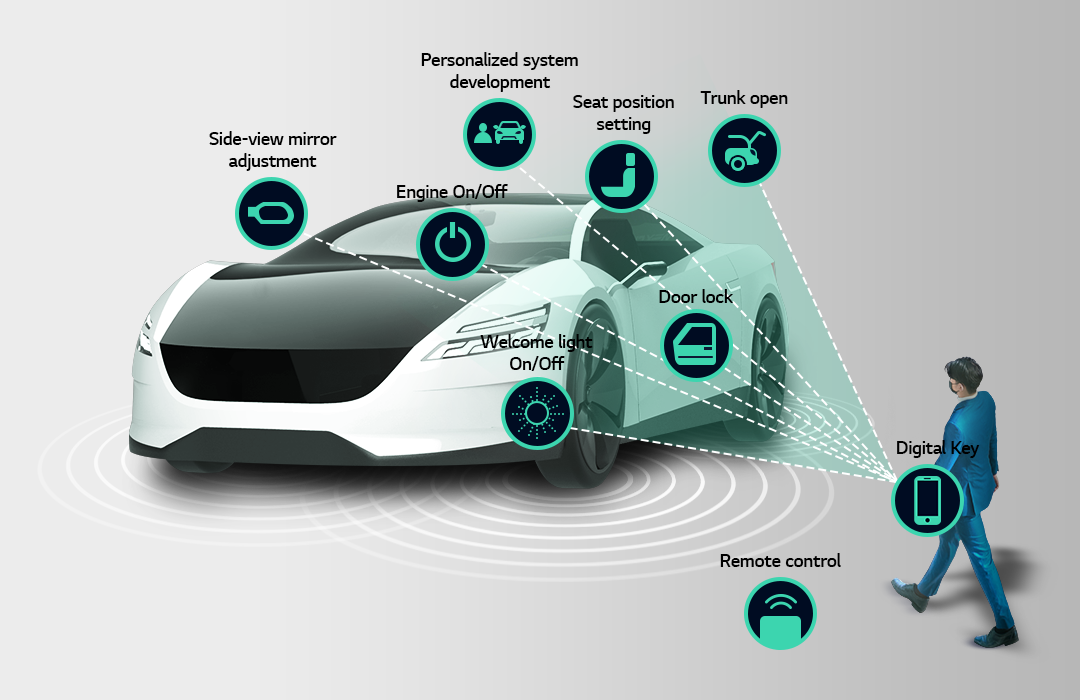
Communication technology standards driving digital key innovation
The Car Connectivity Consortium (CCC), consisting of over 150 technology companies and automobile manufacturers worldwide, such as HKMC, BMW, LG, Apple, Samsung, VW, GM and NXP, governs standard specifications for digital key technology.
The Digital Key Release 1.0 specification that was first enacted in 2018 involved tagging a card key or smartphone key in close proximity using NFC. The Digital Key Release 2.0 specification enabled NFC or BLE to send control signals remotely and share a digital key with other drivers. Then, in 2021, the CCC enacted the Digital Key Release 3.0 specification that added location-aware features using NFC, UWB, and BLE to get more accurate locations of smartphone devices.
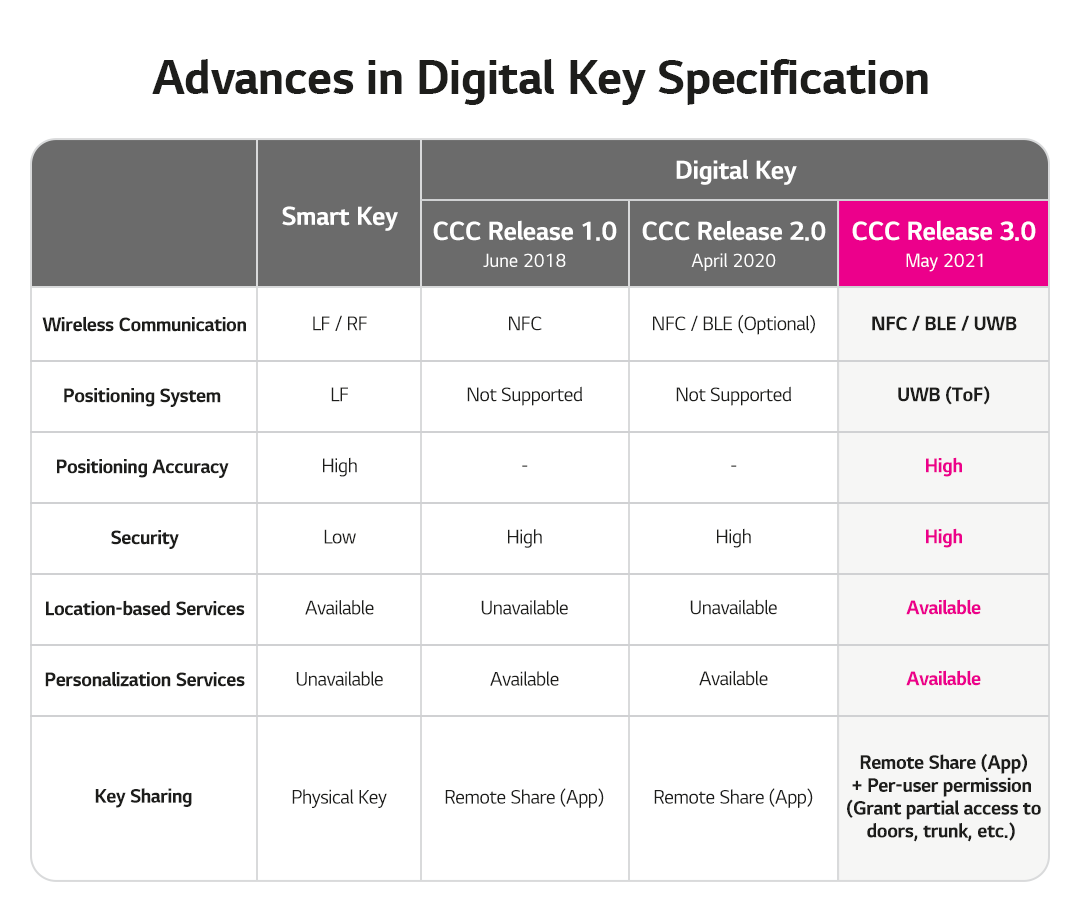
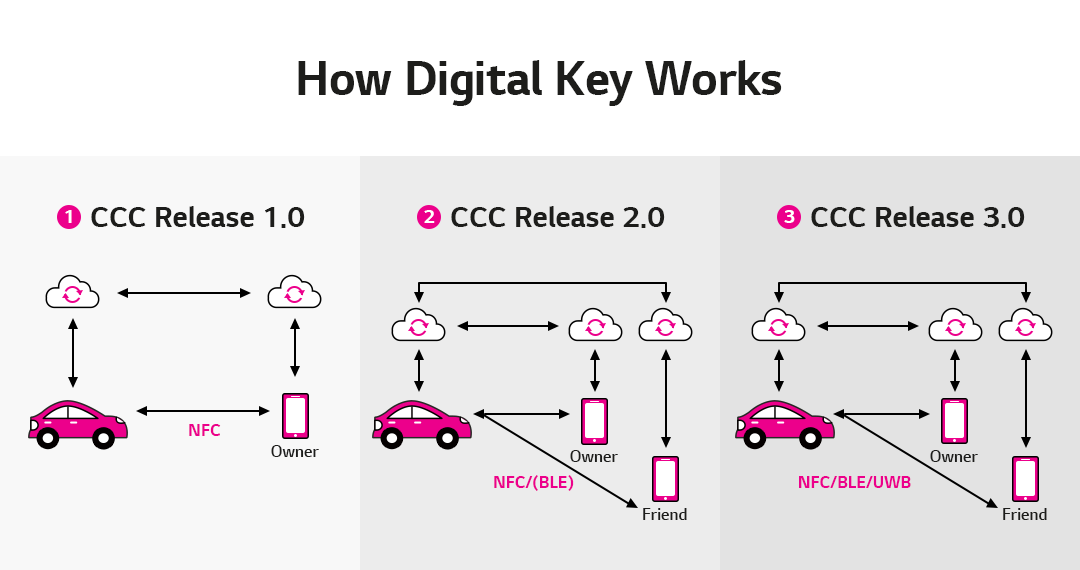
(Source: LG Innotek)
LG Innotek's Ultra-Small 'Digital Key Module' improves accuracy by 5X
Essentially, the success of digital-key technology centers on improving positioning accuracy to capture the exact location of smartphone devices. LG Innotek's digital-key module uses UWB/BLE-based high-precision positioning algorithm to reduce the error range significantly (to a matter of centimeters rather than meters), improving its positioning accuracy by five times. For instance, the LG Innotek module can detect the location of a smartphone five meters away within a 10 cm error range, while other modules would have an error range of 50 cm.
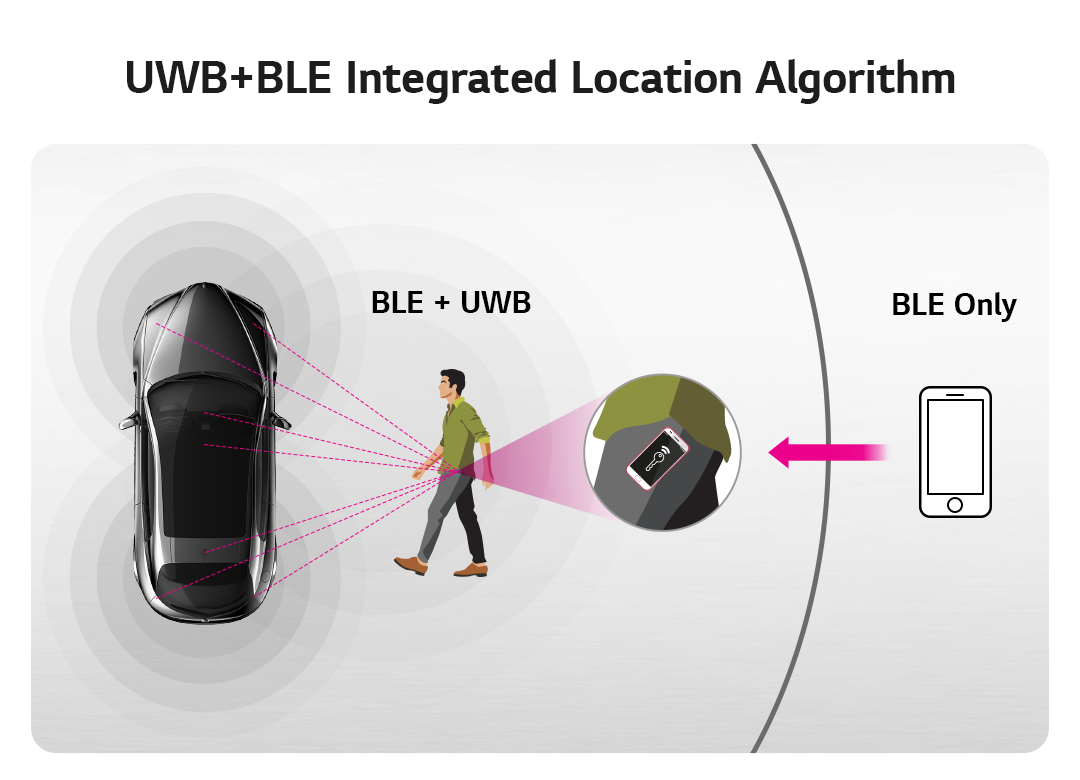
Thanks to LG Innotek’s ultra-precision high-integration technology, the paper clip-sized module is packed with over 60 components, such as radio frequency and power block, and can be installed anywhere inside and outside the vehicle.
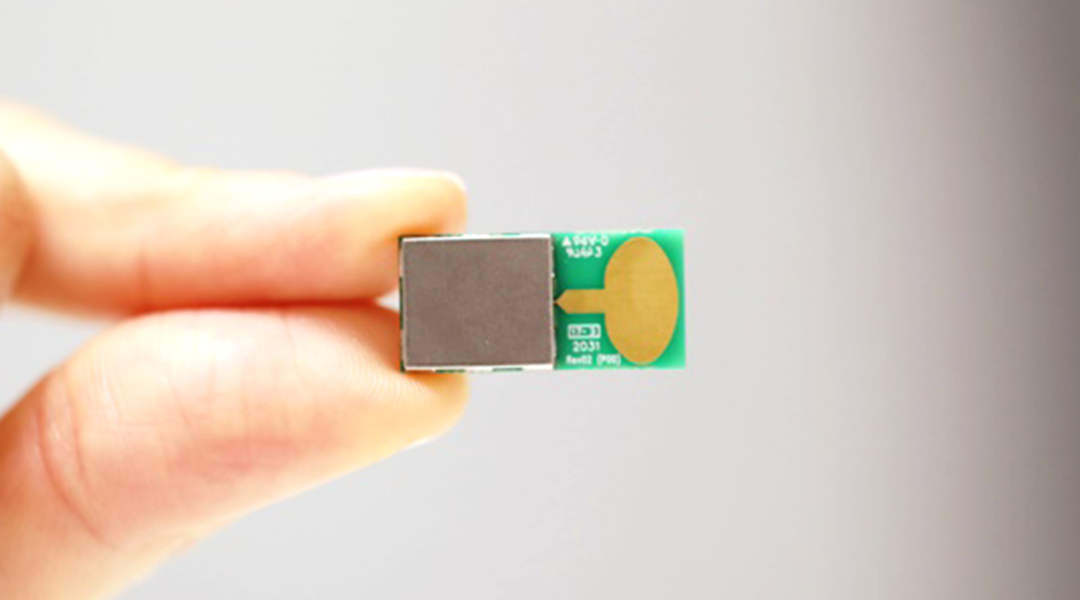
LG Innotek's Advanced Digital-Key Technology
- • The positioning algorithm accurately detects the real-time location of a smartphone using BLE and UWB communication, allowing for various location-based services to be delivered as the digital-key holder approaches the vehicle. The vehicle can offer convenience features such as automatically locking or unlocking the doors based on the key's location or switching on the light when it's dark. Ultimately, a more accurate positioning of the device opens the door to a wider variety of services for drivers based on their distance from the vehicle.
• Multi-BLE technology allows the installation of multiple BLE modules within the vehicle to ensure seamless service delivery regardless of the smartphone's location (i.e. stowed away in a pocket or bag). It features a handover technology that automatically switches to the BLE module best positioned to catch the smartphone signal, delivering service without interruption as the user moves around the vehicle.
• DX-based antenna design allows car manufacturers to reduce the development time and costs by running a simulation. This predicts the optimal performance and size of the modules before production. The simulation can also predict how the modules will perform when they are mounted on the vehicle, which helps detect the optimal mounting position.
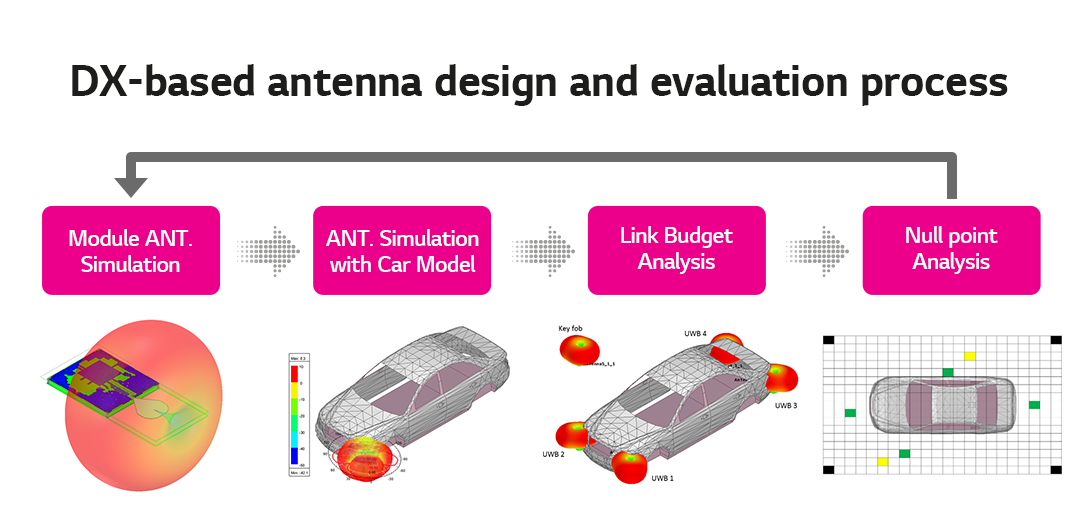
Digital keys are the centerpiece of implementing digital mobility services that increase customer value. As the vehicle-sharing market grows, innovation by car manufacturers and technology companies will combine wireless communication and smartphones to provide a convenient and enjoyable driving experience. LG Innotek plans to take the lead in reducing product development time and cost, and building a better user experience through ultra-small digital key modules based on advanced-positioning algorithms and simulations.


















